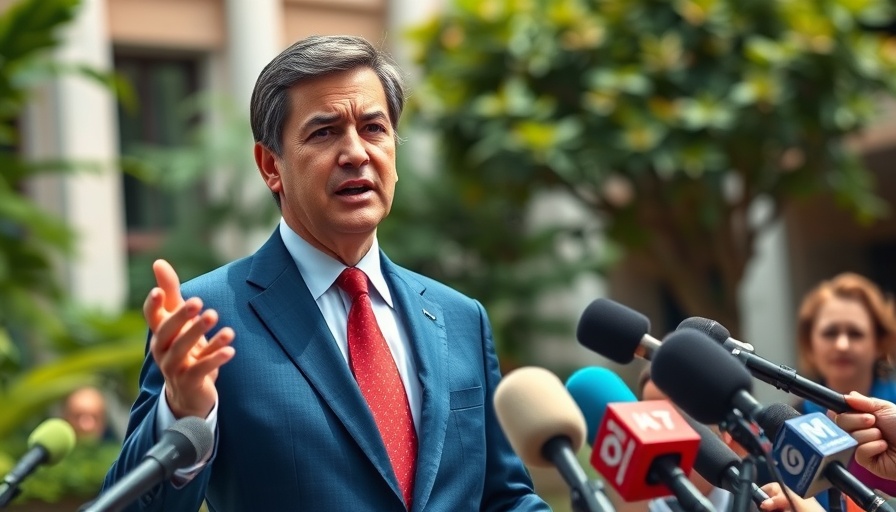
The Emotional Farewell to USAID
On June 30, a heart-wrenching farewell to the U.S. Agency for International Development (USAID) marked both an end and a poignant reflection on the agency’s vital role in global humanitarian efforts. Former Presidents Barack Obama and George W. Bush, along with renowned musician Bono, gathered for an emotional videoconference that resonated deeply with the thousands of USAID staffers who have dedicated their lives to international aid and development.
Understanding the Impact of USAID
USAID, founded by President John F. Kennedy, has served as a cornerstone of American foreign aid policy, working to alleviate poverty and promote prosperity worldwide. Over the decades, it has spearheaded initiatives that provide fundamental resources—such as clean water and food—to millions affected by conflict and disaster in regions like Sudan and Syria. The agency was instrumental in projects like the now-famous Green Revolution, which transformed agriculture and significantly reduced famine risks in many countries.
The Context of USAID's Dissolution
With a new Trump administration policy, USAID has been absorbed into the State Department, which has triggered criticism from past presidents and world leaders alike. Labeling the transition as a "gutting" of essential services, Obama voiced concerns that diminishing USAID represents a broader misunderstanding of American values in promoting global goodwill. He expressed that empowering developing nations not only benefits them but has historically opened avenues for international trade and security.
The Reactions from Leaders
The official farewell ceremony was a rare moment of unity among former political opponents. Obama’s heartfelt assurances to the aid workers highlighted the long-lasting significance of their contributions. Bush added a sincere note on the importance of bipartisan support in international development, emphasizing that fighting poverty and suffering transcends political party lines. Bono's tears during his poetic tribute echoed the emotional weight felt by many who witnessed the agency’s diminishing role firsthand.
Diverse Perspectives on Foreign Aid
While the new Secretary of State Marco Rubio explained the rationale behind combining USAID with the State Department—purporting improved oversight and cost-effective measures—critics have raised alarms about potential bureaucratic inefficiencies and a lack of focus on humanitarian issues. Skeptics worry that this shift jeopardizes the transparency and effectiveness that have historically characterized USAID's mission. Many argue that the move may prioritize political agendas over genuine humanitarian needs, questioning who benefits the most from such a change.
Future Insights and Opportunities in Global Aid
The controversial restructuring of USAID arguably aligns with a broader trend in U.S. foreign policy that prioritizes national interest metrics over humanitarian imperatives. However, with growing global disparities due to crises such as climate change, pandemics, and systemic poverty, the importance of international aid remains crucial. Future leaders must navigate these complexities to ensure a balanced approach that embraces both compassion and strategic interests.
Takeaway: The Power of Understanding Aid's Role
Understanding the implications of USAID’s changes is essential for anyone interested in global affairs, humanitarian efforts, or American politics. As conversations about international responsibility evolve, remaining informed can help advocate for effective policies that mitigate human suffering and promote sustainable development.
In conclusion, the emotional farewell serves not only as a reminder of what has been lost but as a clarion call for the importance of advocacy in global aid dynamics. The potential positive impacts of nurturing international relationships can redefine how the U.S. positions itself within the world's arena. Hence, staying updated with news about these developments is vital for all concerned citizens.
 Add Row
Add Row  Add
Add 




 Add Row
Add Row  Add
Add 

Write A Comment